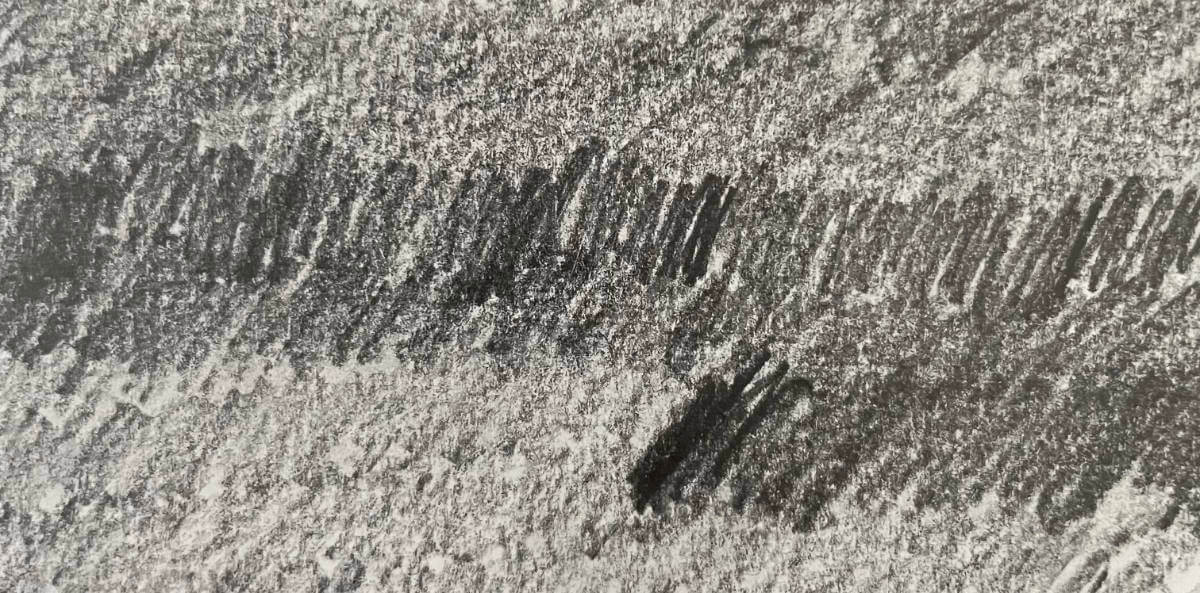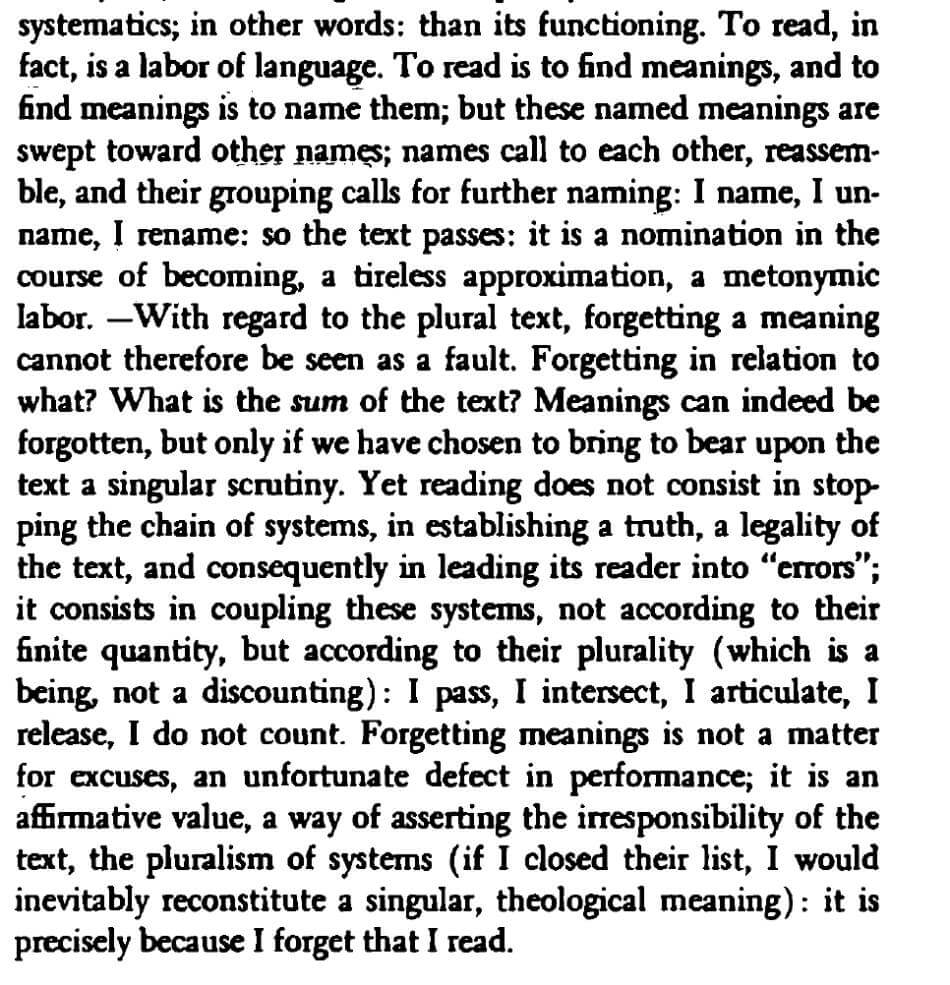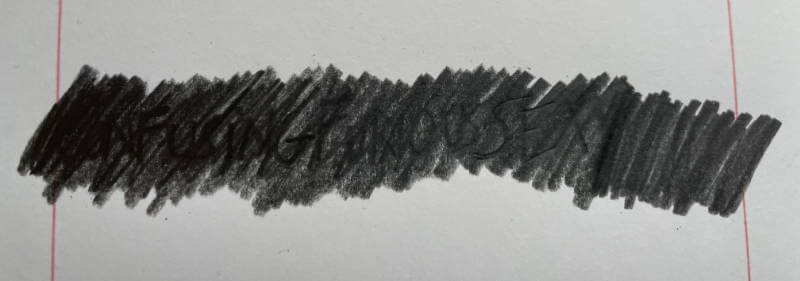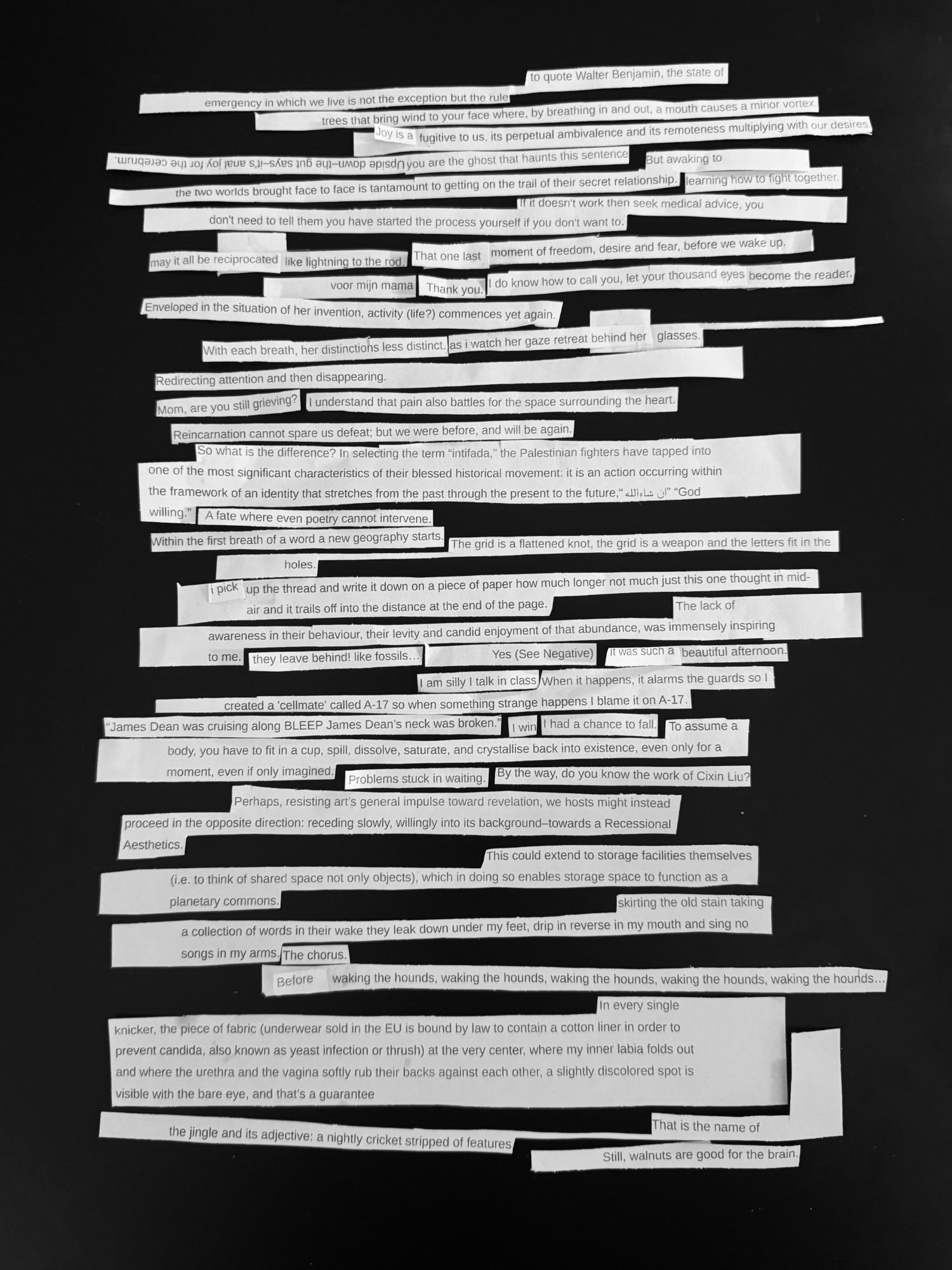FINITO
Today the sun set in Amsterdam was at 16:29. Tomorrow the sun will rise at 08:30. I'm a little preoccupied since until I leave on the 17th of December, the sun will only show up later and later. By “showing up” I don’t mean that I will often see it, but I will know that somehow it is there. On the 17th of December, the last day that I will wake up in the Netherlands in 2025, the sun will rise at 08:45 and it will set at 16:27. By the time I get to Portugal the sun will already have set in the Netherlands but I will still have some hours of sun in Portugal. The sun doesn’t stop. The moon neither. Luckily, by the next new moon, we will reach the winter solstice and this process will start to reverse till the North is light longer than the South of this hemisphere.


Throughout these 4 years–misted.cc started in January 2021 and went on an interlude in January 2025–the moon kept us at a pace. That pace, as a matter of fact, turned out to be quite demanding for us. As joyful as it was to sync up with an external astral other body, that we only see from afar but feel in many different ways, we realised in an embodied manner, that the moon (really) doesn’t stop.
At first it
Would appear mischievously
smiling
at the new contribution we posted
A nod
From our main reader accomplice
That smile grin would
extend
as the contribution would
slowly vanish
till becoming a large grin
O
If for some of our readers this
O
was a call to howl or
growl
for us
it was a time to keep our eyes wide
open
stumbling in the woods
in search of a tale
before nights get darker again
As the moon swallowed its O
we knew
that her smile was now
of waning support
Time was no longer
in front but
behind us.
That grin lustful grin
reminded us of the cruelty
of time passed and
the days cycles left
before the next publication
Strumming our way
like moles in
the tunnels of our contributor's text,
we hoped
we would emerge
on time
when the moon stands,
grave and
silent with her sealed lips
ready to read
ready to forget
As Roland Barthes says writes in the introduction to S/Z,

And maybe For now and for then, that misted.cc will go, is going and goes into a longer sleep, a hibernation of sorts in which we will not obey to any season to return, or even
no return is the season,
what stays lingers is a memory of what appeared, a memory that might be plural and irresponsible but somewhat

Days get, got, will get longer–at least in the northern hemisphere–and until this text is published, 11 days will pass, have passed, are passing. In that passing we also decided to mash up the last sentence of each contribution misted has hosted from January 2021 to December 2024>>>
